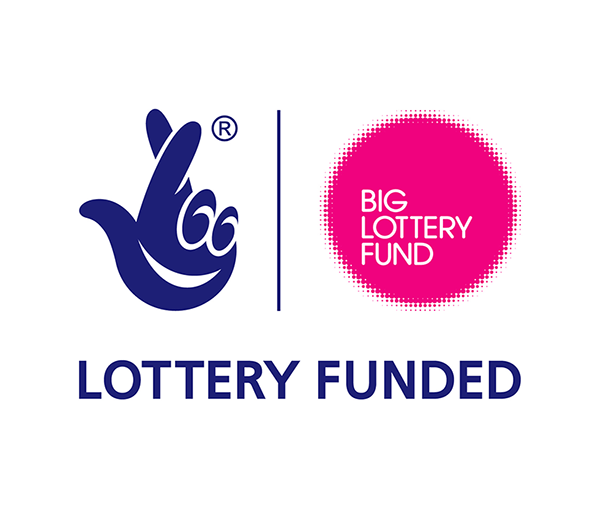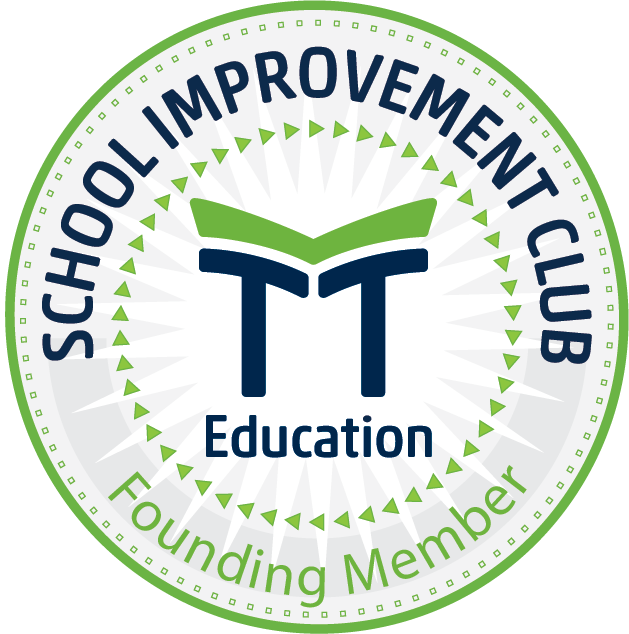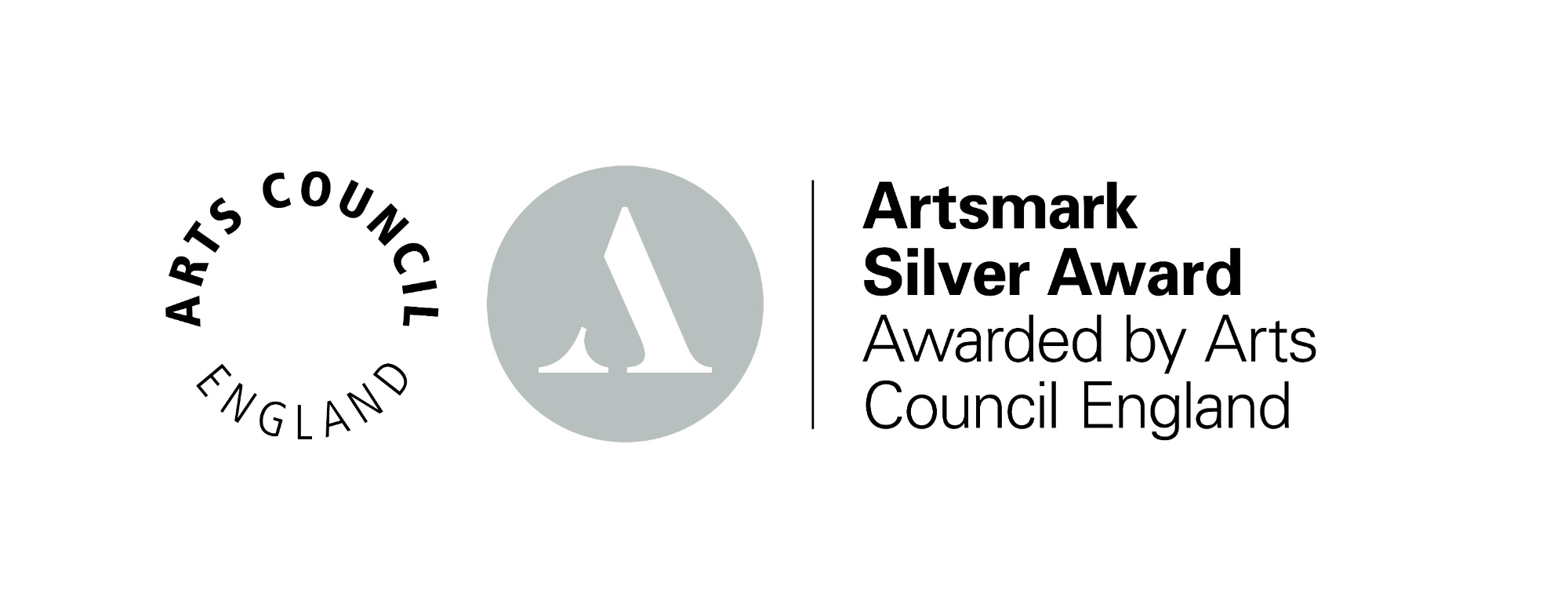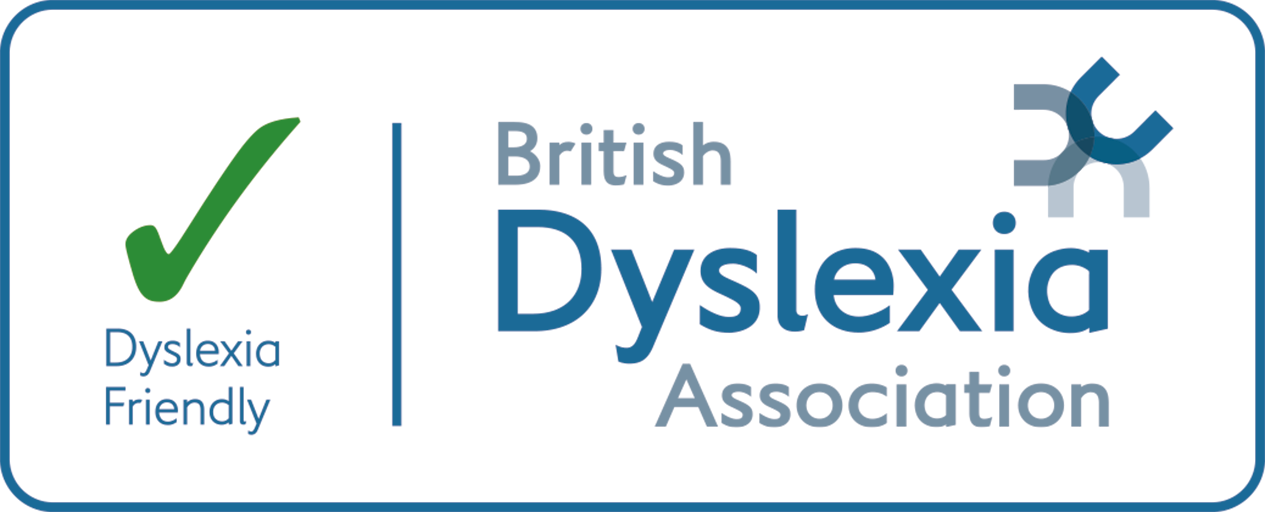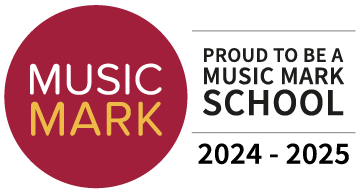Cultural Capital
What is cultural capital?
Cultural capital is about preparing children with the essential knowledge and skills for what comes next. The exploration of new skills and experiences helps to nurture resilience, curiosity and creativity. Through this journey, children develop new forms of cultural capital that makes a difference in individual mind-sets, which consequently shapes their future.
Every child and family who joins the school will have their own knowledge and experiences that will link to their culture and wider family. This might include languages, beliefs, traditions, cultural and family heritage, interests, travel and work.
Cultural capital promotes social mobility and success in society.
Cultural capital gives a pupil power. It helps them achieve goals, become successful, and rise up the social ladder without necessarily having wealth or financial capital.
Cultural capital is having assets that give children the desire to aspire and achieve social mobility whatever their starting point.
Cultural capital at Hampton Hargate Primary School?
At Hampton Hargate Primary School, all stakeholders are passionate and committed to providing the children in our care with outstanding learning opportunities.
Our aim is to enrich every child’s school experience, to be educated citizens, by creating an environment where they are encouraged to succeed and be the best they can be.
We define cultural capital as the knowledge needed to fully appreciate and participate in all aspects of life. For pupils to aspire and be successful academically and in the wider areas of their lives, they need to be given rich and sustained opportunities to develop their cultural capital.
We believe that exposure, not only to situations in which the children might not have previous experiences of, is of paramount importance to their ongoing successes.
Gradually widening children’s experiences as they progress through our school is an important step in providing rich and engaging learning across the curriculum in order to ensure that children become productive members of society.
Each subject taught within the school day makes its own contribution to pupils’ cultural capital development.

